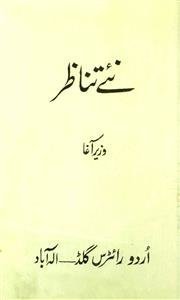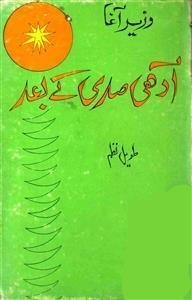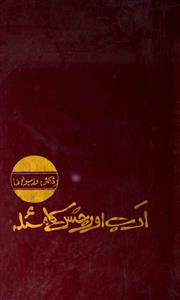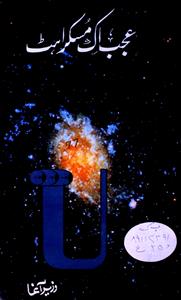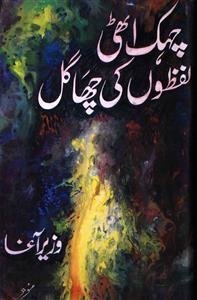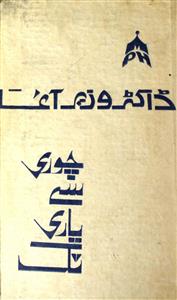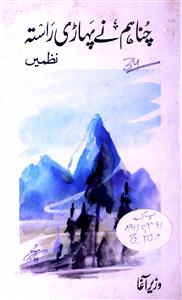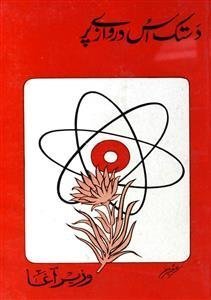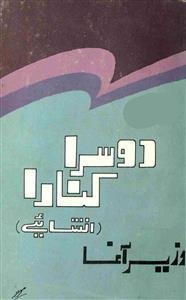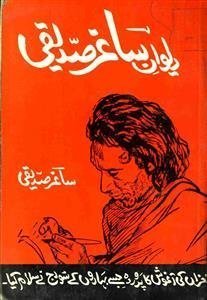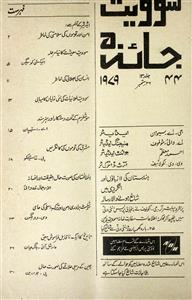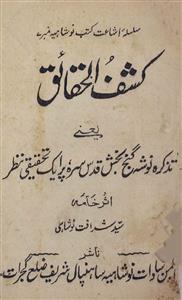 For any query/comment related to this ebook, please contact us at haidar.ali@rekhta.org
For any query/comment related to this ebook, please contact us at haidar.ali@rekhta.org
About The Book
ڈاکٹر وزیر آغا اردو کے ایک ممتاز اور نظریہ ساز نقاد ہیں ۔ انھوں نے اردو تنقید کو نہ صرف جدید رجحانات سے متعارف کرایا بلکہ اردو تنقید کے لیے ایک منفرد اور الگ راہ کی بنیاد بھی مضبوط کی، جس پر چل کر اردو تنقید اپنے ثقافتی اور مشرقی پس منظر میں نہ صرف مغربی تنقید کا مقابلہ کر سکتی ہے،بلکہ اس سے آگے بھی جا سکتی ہے۔ وزیر آغا نے جدید اور قدیم علوم کے گہرے مطالعے کے بعد اپنا ایک مکمل تنقیدی نظام متعارف کرایااور بیسویں صدی میں مغرب میں زور و شورسے پیدا ہونے والے تنقیدی انقلاب پر گہری نظر رکھی ۔زیر نظر کتاب "نئے تناظر" وزیر آغا کے تنقیدی مضامین کا مجموعہ ہے۔اس مجموعہ میں بیسویں صدی کی ادبی تحریکیں۔پاکستان کا عصری ادب ، اردو کا تہذیبی پس منظر نفسیاتی تنقید کی اہمیت اور نئی نسل پر ترقی پسند تحریک کے اثرات وغیرہ جیسے اہم موضوعات پر مضامین شامل ہیں۔
About The Author
Wazir Agha was born on 18 May 1922 in the village Wazir Kot in the Sargodha district. Agha picked up the Persian language from his father, Punjabi from his mother and the English language from his British friends. During his school years, he developed a strong fondness for Urdu ghazals and started composing poetry on his own. He graduated from Government College, Jhang and later received his masters in Economics from Government College, Lahore. He was awarded the degree of doctorate by the University of Punjab in 1956 for his research on humor and satire in Urdu Literature. Wazir Agha was the editor of the college magazine "Chanab" in Government College, Jhang. In 1944. From 1960 to 1963, he acted as a co-editor of Adbi Duniya and from 1965 onwards, he remained editor of monthly Auraq for many decades. Pakistan Academy of Letters (PAL) has published a book on life and work of Dr. Wazir Agha under publishing project of "Makers of Pakistani Literature". Wazir Agha also wrote an autobiography Shaam Ki Mundair Sey. Wazir Agha died on 7 September 2010 in Lahore.
 For any query/comment related to this ebook, please contact us at haidar.ali@rekhta.org
For any query/comment related to this ebook, please contact us at haidar.ali@rekhta.org
